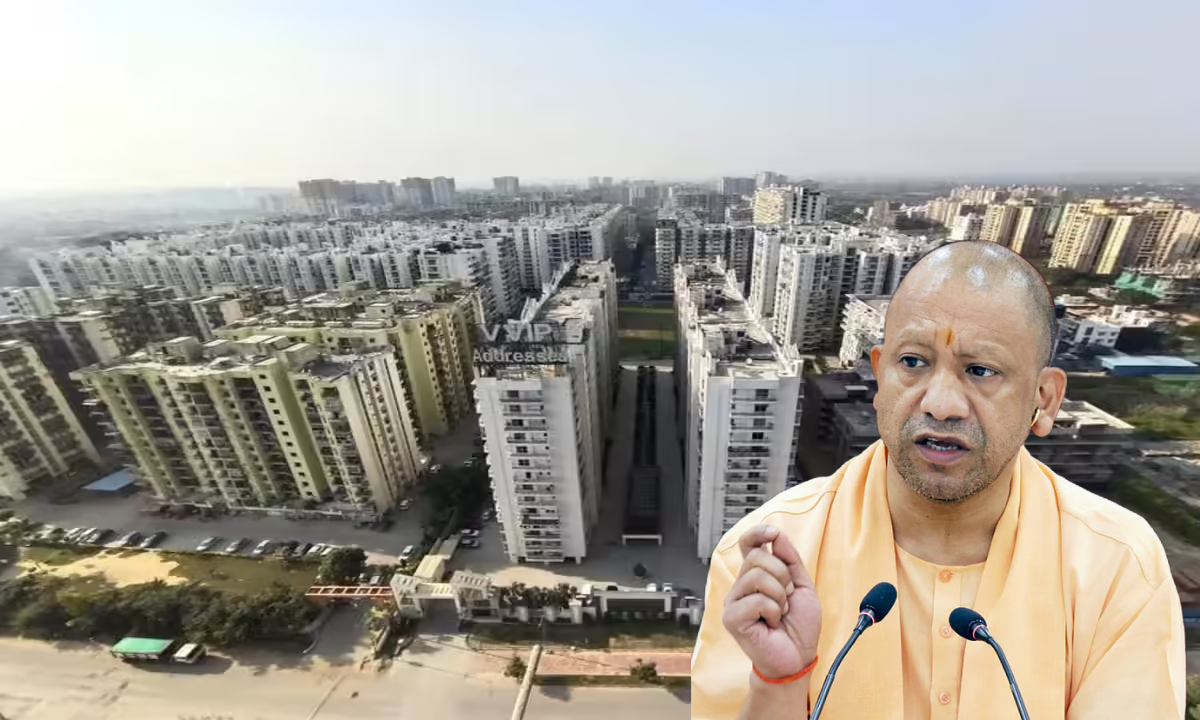Two leading bodies in Maharashtra’s built environment ecosystem—CREDAI-MCHI and PEATA (Practising Engineers, Architects and Town Planners Association)—have jointly appealed to Maharashtra Deputy Chief Minister and Housing Minister Eknath Shinde to reinstate digital access to key property and layout data that has recently become inaccessible on government websites.
This move comes in response to the abrupt disappearance of essential data previously available on the official portals of MHADA (Maharashtra Housing and Area Development Authority) and the district collector’s office. Among the missing digital tools are the Mumbai city online property card, MHADA cess building details, city survey plans including structure-wise data, and updated layout sheets for over 100 MHADA layouts.
The data blackout has impacted developers, architects, engineers, planners, and individual property owners who relied on this information to validate ownership, plan construction activity, prepare redevelopment proposals, and ensure compliance with municipal norms.
The unavailability of these platforms has resulted in considerable disruption across the construction and design sectors. Previously, many project-related tasks were carried out online in a matter of hours. In the current scenario, industry professionals report delays of up to 15–20 days due to the shift back to manual verifications, in-person visits to government departments, and paper-based submissions.
Domnic Romell, who serves as President of CREDAI-MCHI, has emphasized that the online systems were a critical enabler for efficient project delivery in Mumbai. He believes their sudden removal represents a significant step backward for the city’s development ecosystem.
Milind Changani, a Senior representative of PEATA, has highlighted that the inaccessibility of digital layout records is impeding the ability of professionals to conduct accurate site evaluations and feasibility studies. This, in turn, is delaying redevelopment planning and hindering decision-making among cooperative housing societies and landowners.
Additionally, the current layout information on the MHADA website has been flagged as outdated, lacking vital details such as updated Floor Space Index (FSI) norms and pro rata information—both of which are essential inputs in urban planning and structural design.
The joint appeal from CREDAI-MCHI and PEATA underlines that this issue is not confined to large real estate developers. It affects small-scale contractors, architects working on individual housing projects, and middle-class homeowners who are planning renovations or redevelopments. The absence of timely digital access is hampering their ability to make informed, timely decisions.
Dhaval Ajmera, Secretary of CREDAI-MCHI, has stressed that in a city like Mumbai—where speed, efficiency, and regulatory clarity are essential—digital platforms are no longer optional but necessary infrastructure.
The industry bodies have formally requested that the Housing Ministry prioritize restoring these online services. They have pointed out that Mumbai, being one of the most active real estate markets in India, cannot afford to operate on outdated, manual systems. The appeal calls on the government to ensure uninterrupted digital access, aligning with broader goals of digital governance and ease of doing business.
In their view, restoring these services would not only ease pressure on government departments but also enhance transparency, reduce turnaround times, and maintain investor confidence in the city’s real estate sector. As the city continues to push for redevelopment, affordable housing, and infrastructure upgrades, the resumption of digital access to property data is seen as a foundational requirement for progress.









.png)